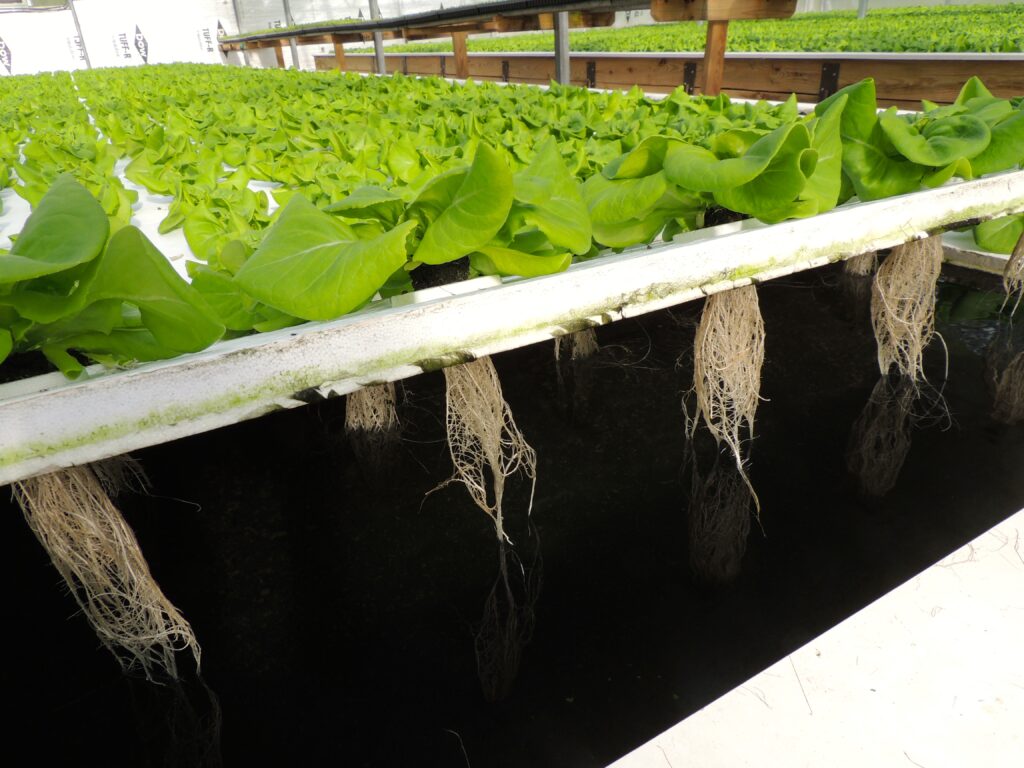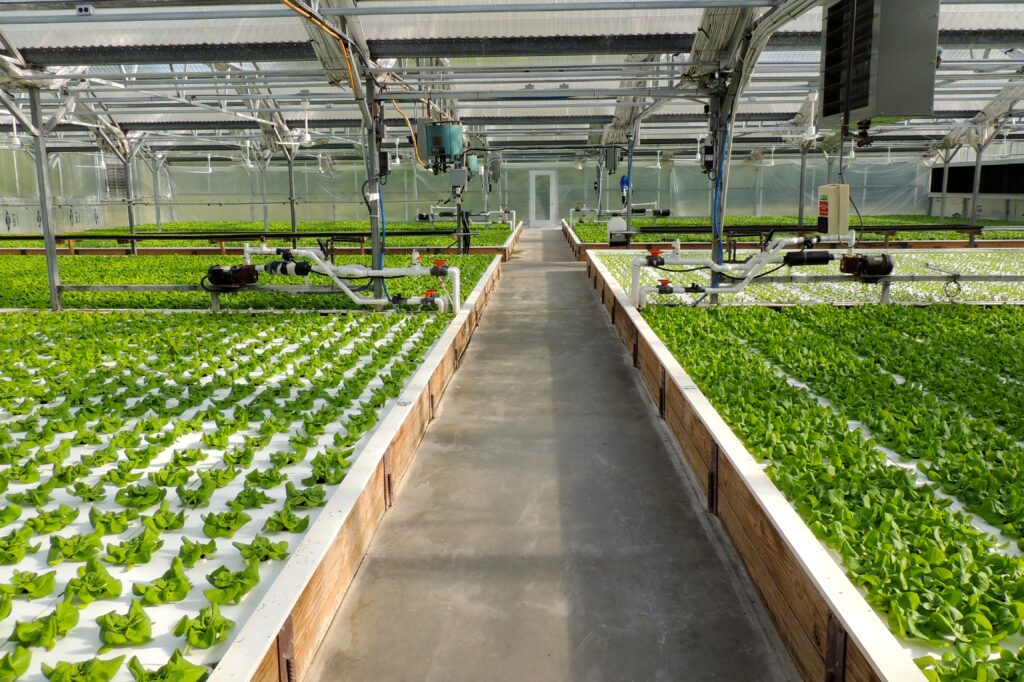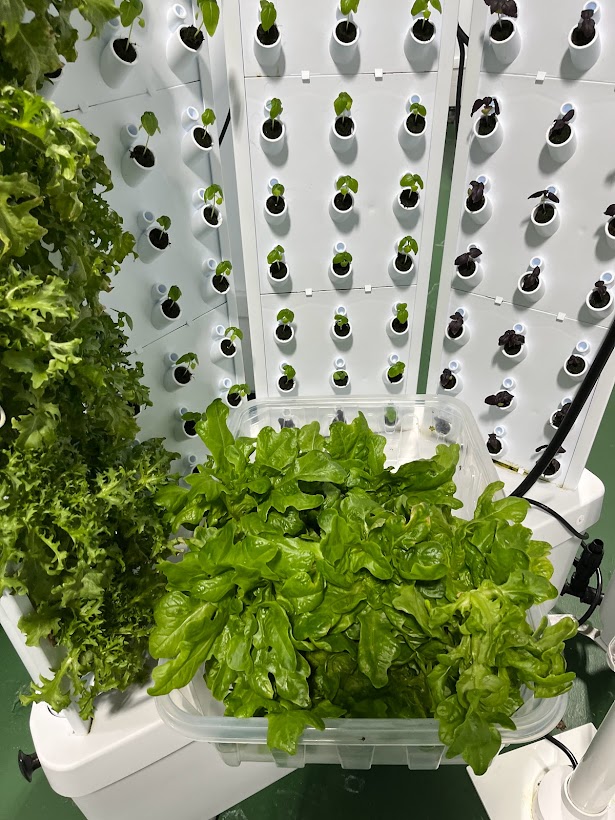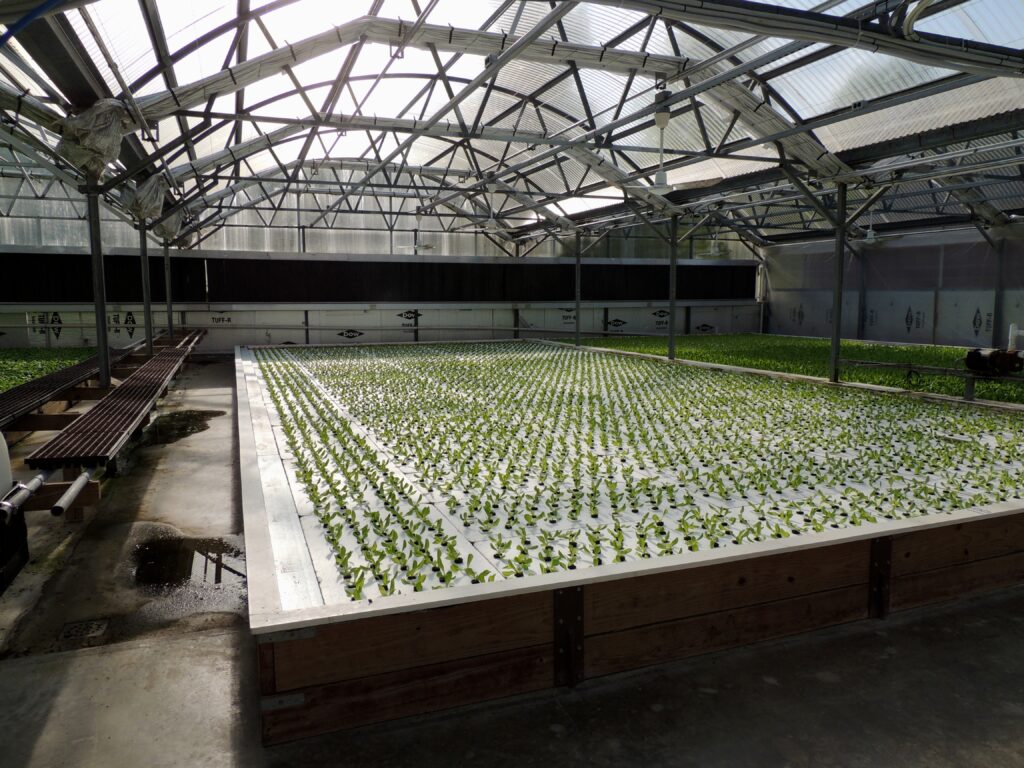
Are you in the mood for fresh, local produce but don’t think you’ll be able to get it until Connecticut’s fields and gardens come out of hibernation? Think again! With farmers increasingly taking advantage of indoor farming, you can find CT Grown fruits and vegetables throughout the winter.
In this series of articles, we explore the different ways Connecticut farmers are continuing to supply their farm stores, winter farmers’ markets, and grocery stores with fresh produce. Today, we’ll see how innovative methods like hydroponic farms are extending the harvests of several fruits and vegetables.
Which crops grow well indoors?
Indoor farming allows the growing seasons for certain items to last the whole year, or nearly so. The CT Grown crop calendar says these vegetables include:
- Arugula
- Beets
- Greens, including beet greens, collards, mustard greens, salad greens, and turnip greens
- Kale
- Lettuce
- Radishes
- Spinach
Indoor farming methods have also been successful in producing crops like celery, cucumbers, eggplant, herbs, peppers, squash, strawberries, tomatoes, and zucchini.
How can plants grow indoors?


Indoor farms rely on artificial lighting along with careful monitoring and control of water, nutrients, and other plant needs. Vertical farming practices are used to stack layers of crops on top of one another, maximizing the use of the space available in a structure.
Unlike traditional farming, indoor farming can be done without the use of soil. Hydroponic systems use a water-based nutrient medium instead of soil to grow crops, while aeroponic systems simply have a plant’s root systems dangle in the air. Aquaponic systems pair a hydroponic operation with an aquaculture farm, using its water to raise fish or other aquatic species.
Since indoor farms can be located in a wide variety of structures, they can be located closer to population centers — reducing the time it takes to bring products to market.
Explore Connecticut’s hydroponic farms

Hydroponic farms in Connecticut include: